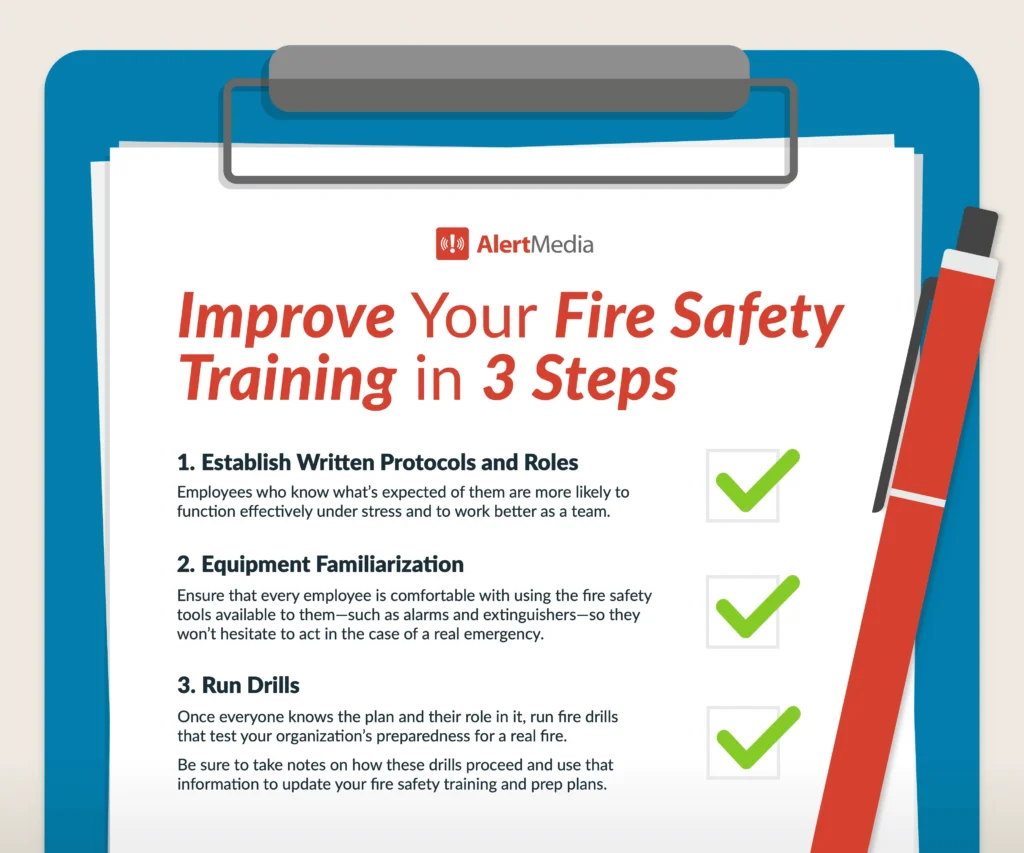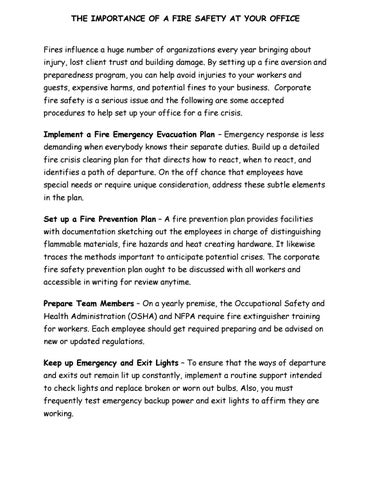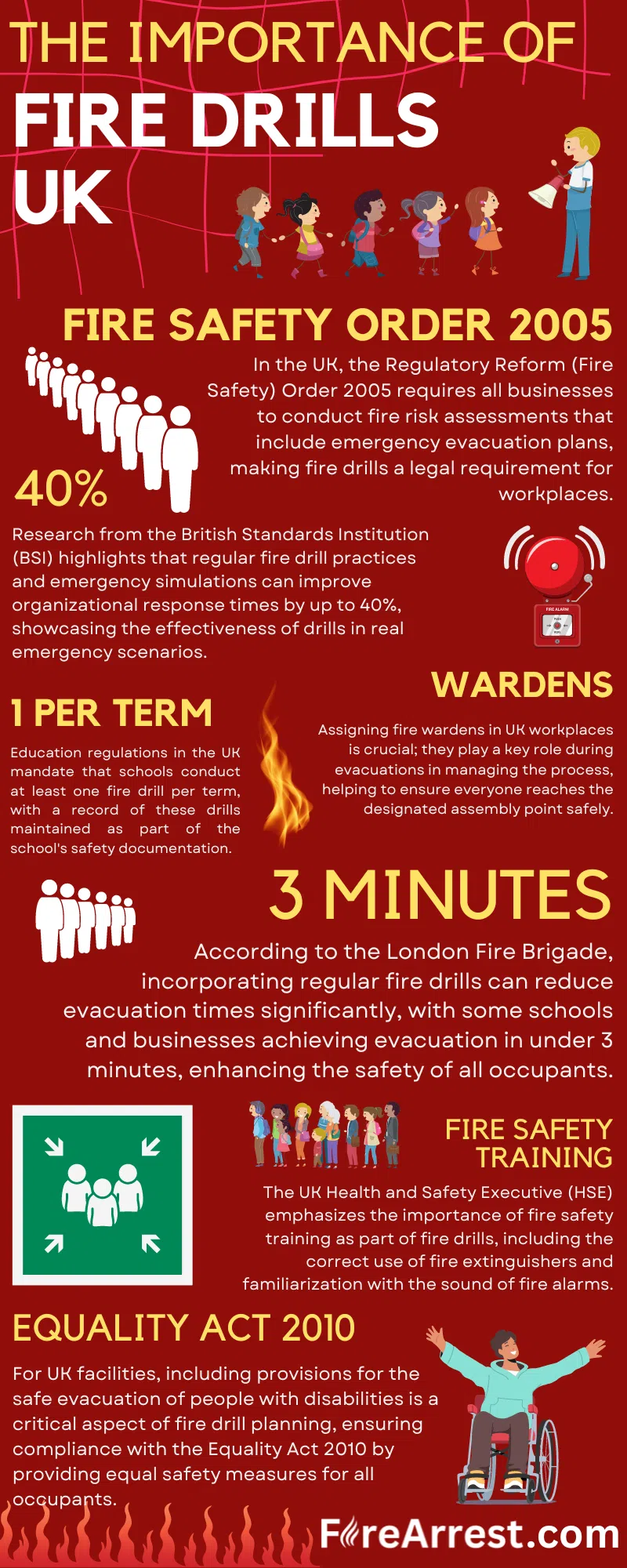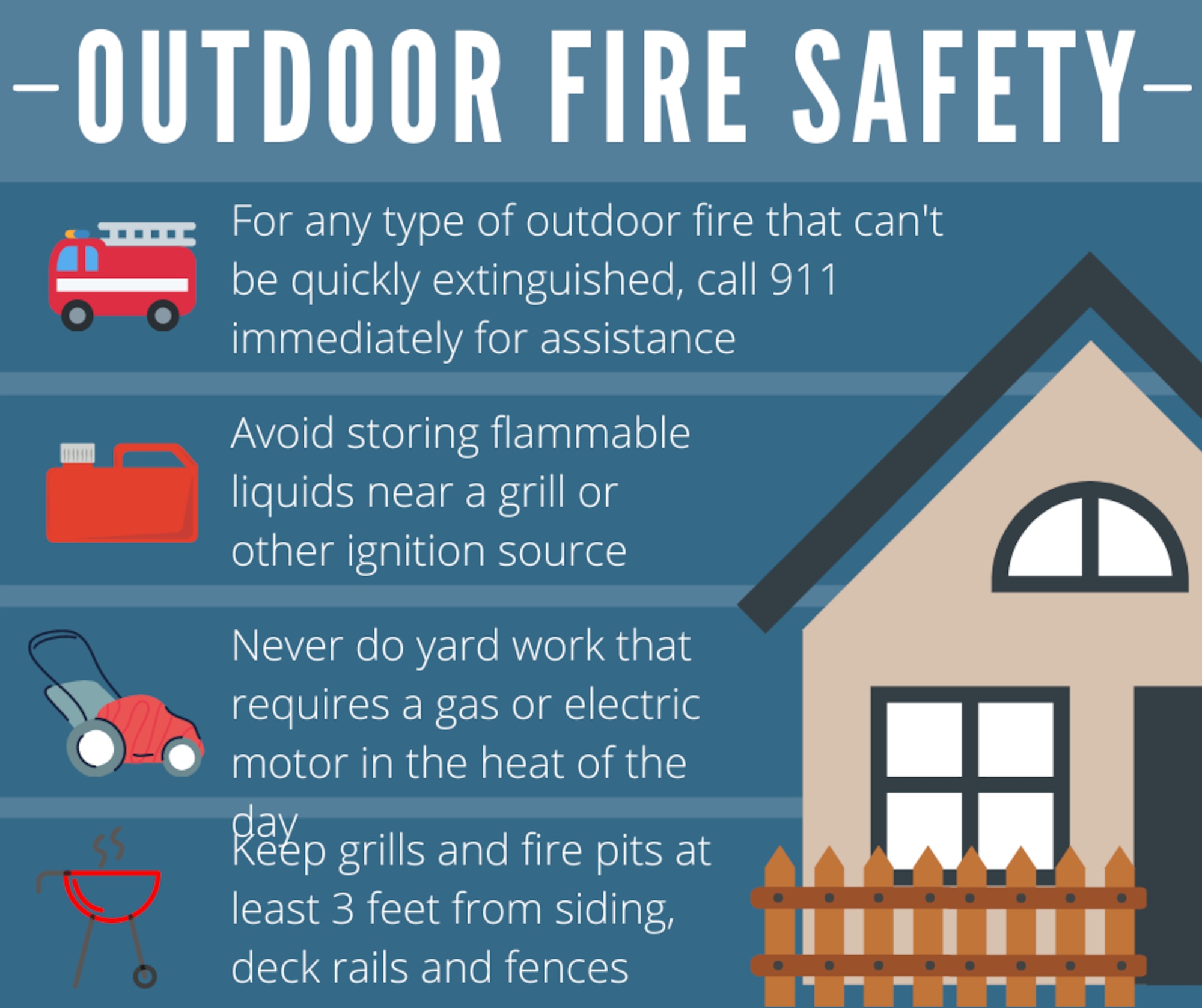Have you ever thought about what you would do in the case of an emergency situation like a fire? It’s important to be prepared for any possible scenario, especially when it comes to your safety and the safety of your loved ones. In this article, we will discuss the importance of fire safety in prepping plans and how you can ensure that you are ready to handle a fire emergency effectively.

Why Fire Safety Matters
Fire safety is a crucial aspect of emergency preparedness that should not be overlooked. Fires can happen suddenly and spread rapidly, causing devastating damage and putting lives at risk. By incorporating fire safety measures into your prepping plans, you can reduce the likelihood of a fire occurring and minimize the damage if one does happen.
Ensuring that you have a solid fire safety plan in place can mean the difference between life and death in an emergency situation.
Understanding Fire Behavior
In order to effectively prevent and extinguish fires, it’s important to understand how fires behave. Fires require three main elements to ignite and spread: heat, fuel, and oxygen. This concept is known as the fire triangle. By eliminating one or more of these elements, you can stop a fire from starting or spreading.
Fires can spread quickly and unpredictably, making it essential to act fast and decisively in the event of a fire emergency. Knowing how fires behave and what factors contribute to their growth is key to developing an effective fire safety plan.

Fire Safety Tips for Prepping
When it comes to fire safety in prepping plans, there are several key tips that can help you prepare for and respond to a fire emergency effectively. Here are some important fire safety tips to keep in mind:
-
Install Smoke Alarms: Make sure you have working smoke alarms installed in every room of your home. Test them regularly and replace the batteries as needed to ensure they are functioning properly.
-
Create an Evacuation Plan: Develop a detailed evacuation plan that outlines escape routes from every room in your home. Practice this plan regularly with your family members to ensure everyone knows what to do in case of a fire.
-
Keep Fire Extinguishers Handy: Place fire extinguishers in key locations throughout your home, such as the kitchen, garage, and near fireplaces. Know how to use them properly and have them inspected regularly to ensure they are in good working condition.
-
Avoid Overloading Outlets: Do not overload electrical outlets or use damaged cords and appliances. This can increase the risk of electrical fires. Be mindful of how many devices are plugged into outlets to prevent overheating and potential fires.
-
Properly Store Flammable Materials: Keep flammable materials such as gasoline, lighter fluid, and paint away from sources of heat and open flames. Store these items in a cool, dry place to reduce the risk of accidental fires.
By following these fire safety tips and incorporating them into your prepping plans, you can significantly improve your readiness to handle a fire emergency.
Importance of Fire Drills
Practicing fire drills is essential for ensuring that you and your family members know how to respond quickly and safely in the event of a fire. Regularly conducting fire drills helps reinforce your evacuation plan and familiarizes everyone with the necessary procedures to follow during a fire emergency.
During a fire drill, make sure to:
- Alert everyone in the building that a fire drill is taking place.
- Practice evacuating the building following your established evacuation plan.
- Designate a meeting point outside where everyone can gather to ensure that everyone has safely exited the building.
By practicing fire drills regularly, you can reduce panic during a real emergency and increase the likelihood that everyone will evacuate safely.
Fire Safety Equipment Checklist
In addition to implementing fire safety tips and conducting fire drills, it’s important to have the right fire safety equipment on hand to protect yourself and your loved ones in the event of a fire. Here is a checklist of essential fire safety equipment to include in your prepping plans:
| Fire Safety Equipment | Description |
|---|---|
| Smoke Alarms | Detect smoke and sound an alarm to alert occupants of a fire. |
| Fire Extinguishers | Used to extinguish small fires before they spread. Ensure they are rated for the types of fires that may occur in your home. |
| Fire Blankets | Smother small fires or protect individuals during evacuations. |
| Escape Ladders | Provide a safe means of escape from upper levels of a building in case of a fire. |
| Fireproof Safe | Store important documents and valuables in a fireproof safe to protect them from fire damage. |
By having these essential fire safety equipment items on hand and familiarizing yourself with their proper use, you can be better prepared to handle a fire emergency effectively.
Creating a Home Fire Safety Checklist
To further enhance your fire safety preparedness, consider creating a comprehensive home fire safety checklist. This checklist should outline key fire safety measures to take in your home and serve as a valuable reference guide for maintaining a fire-safe environment.
Here are some items to include in your home fire safety checklist:
- Regularly test and maintain smoke alarms.
- Practice fire drills with your family members.
- Keep flammable materials properly stored and away from heat sources.
- Avoid leaving cooking unattended and ensure all appliances are turned off when not in use.
- Maintain clear pathways to exits and ensure that all escape routes are accessible at all times.
- Keep a list of emergency contact numbers, including local fire departments, in a visible location.
- Install fire prevention devices such as stove guards and fireplace screens to reduce fire risks.
By creating a home fire safety checklist and consistently following the recommended safety measures, you can greatly reduce the likelihood of fires occurring in your home and be better prepared to respond in case of an emergency.

Conclusion
In conclusion, the importance of fire safety in prepping plans cannot be overstated. Fires are a serious threat to both life and property, and being prepared to handle a fire emergency can make all the difference in ensuring the safety of yourself and your loved ones. By understanding fire behavior, implementing key fire safety tips, conducting fire drills, and having the right fire safety equipment on hand, you can significantly improve your readiness to handle a fire emergency effectively.
Remember, being proactive about fire safety and incorporating it into your prepping plans is an essential step in protecting yourself and your family from the devastating consequences of fires. Stay safe, be prepared, and prioritize fire safety in all aspects of your emergency preparedness efforts.

